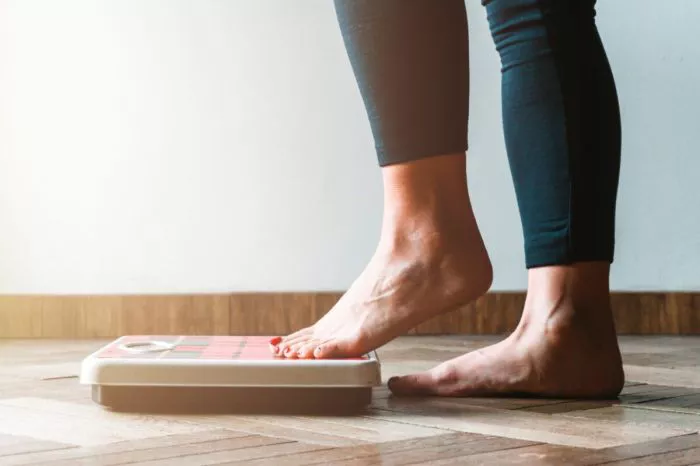In the ongoing debate over the role of bathroom scales in weight management, health experts are divided. While some advocate for daily weigh-ins to enhance accountability during weight loss programs, others caution against frequent self-weighing due to potential negative psychological impacts.
Dr. Nick Fuller, Research Program Leader at the Charles Perkins Centre, University of Sydney, suggests that a weekly weigh-in strikes a balance between these extremes. Here’s why this approach is recommended:
1. Weekly Weighing Supports Effective Weight Management
Evidence shows that regular self-weighing—whether daily or weekly—can be a crucial component of weight management. A systematic review of twelve studies indicates that participants who weighed themselves either weekly or daily over several months lost between 1 to 3 BMI units more and experienced less weight regain compared to those who did not weigh themselves regularly. Interestingly, the benefits of daily weighing did not surpass those of weekly weigh-ins.
Self-weighing is particularly important as we age. Adults often experience gradual weight gain, averaging 0.5 to 1 kilogram per year. Without monitoring, this slow accumulation can lead to obesity over time. Weekly weighing helps prevent unnecessary weight gain and can also serve as an early warning system for potential health issues, such as thyroid dysfunction, digestive problems, or diabetes.
2. Understanding Normal Weight Fluctuations
Weight fluctuations are normal and can occur within a single day or week. Studies show a 0.35% variation in body weight throughout the week, with higher weights often recorded after weekends. Several factors contribute to these fluctuations:
Dietary Intake: Consumption of high-carb meals or salty foods can cause temporary weight gain due to increased water retention. For example, each gram of carbohydrate stored in the body holds approximately 3 to 4 grams of water.
Hydration: High salt intake leads to water retention as the body balances sodium levels. Conversely, increased water content from food consumption adds temporary weight.
Food Consumption: All food and drink add weight temporarily, which is generally highest in the evening after meals.
Exercise: Physical activity can lead to weight loss through sweat, with an average loss of about 1 liter per hour of moderate exercise.
Hormonal Changes: Women may experience weight fluctuations of 0.5 to 2 kilograms due to fluid retention associated with the menstrual cycle, particularly during the luteal phase.
Bowel Movements: Daily bowel movements contribute to minor weight loss, with typical elimination around 100 grams.
These fluctuations are usually water-related and do not reflect significant changes in body fat or muscle mass. However, frequent checking can lead to undue stress and an unhealthy preoccupation with weight.
3. Avoiding Scale Obsession and Weight Loss Sabotage
Frequent weigh-ins can foster an obsession with scale numbers, potentially leading to harmful behaviors such as excessive dietary restriction or fad dieting. Research involving over 4,000 twins revealed that those who engaged in significant weight loss efforts were more likely to become overweight by age 25, suggesting that frequent dieting can increase susceptibility to future weight gain.
Recommendations for Effective Weighing
To monitor weight trends accurately:
Weigh yourself weekly at the same time and under similar conditions—ideally, first thing in the morning, after using the bathroom, and before eating or drinking.
Invest in high-quality scales, and regularly check their accuracy using a known weight, such as a 10-kilogram weight plate.
Remember that the scale is only one measure of health. Pay attention to how your clothes fit and how you feel physically and emotionally. If weighing yourself becomes a source of anxiety or stress, consider consulting a healthcare professional.
By adopting a weekly weighing routine and focusing on overall well-being, individuals can maintain a healthier relationship with their weight and health management practices.


